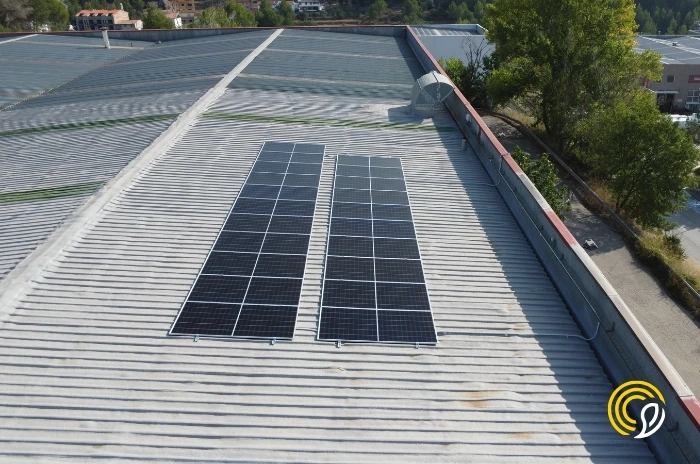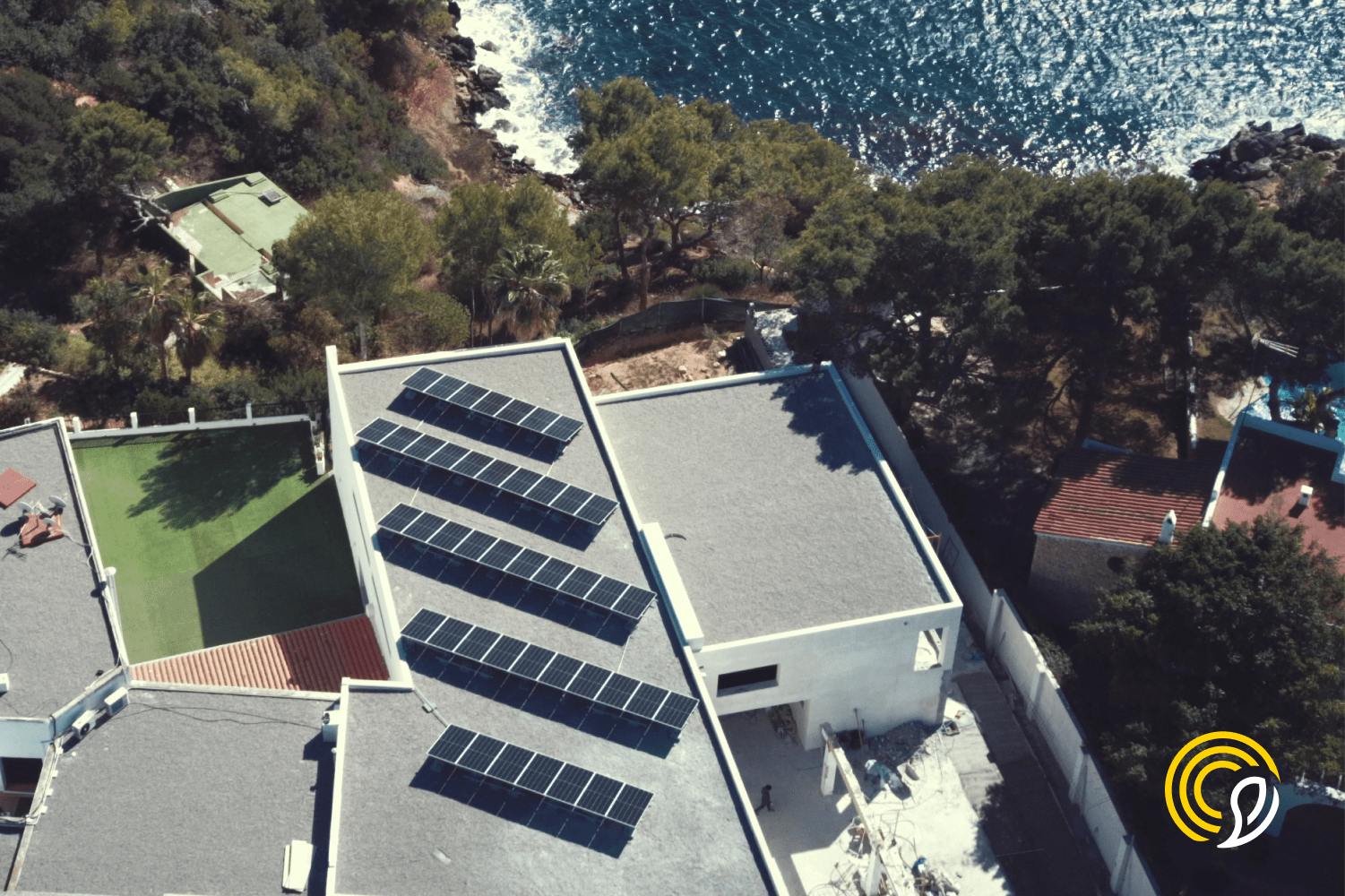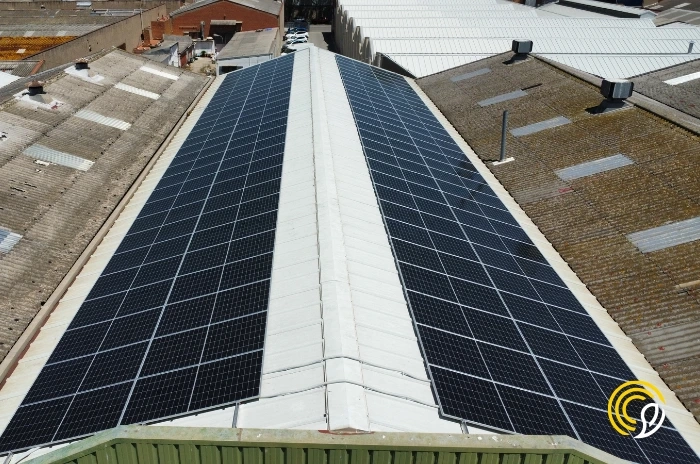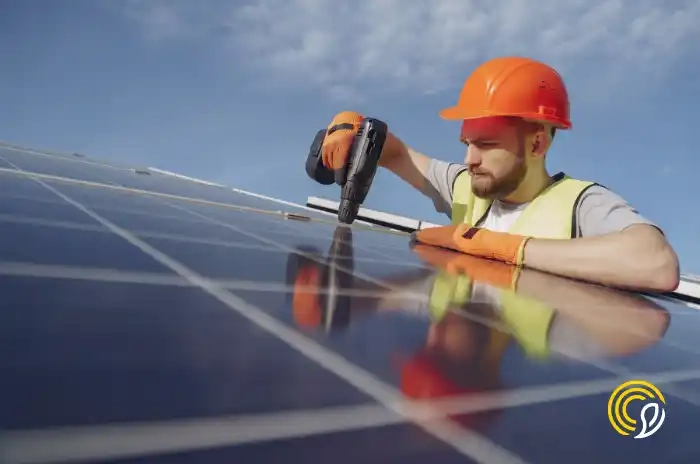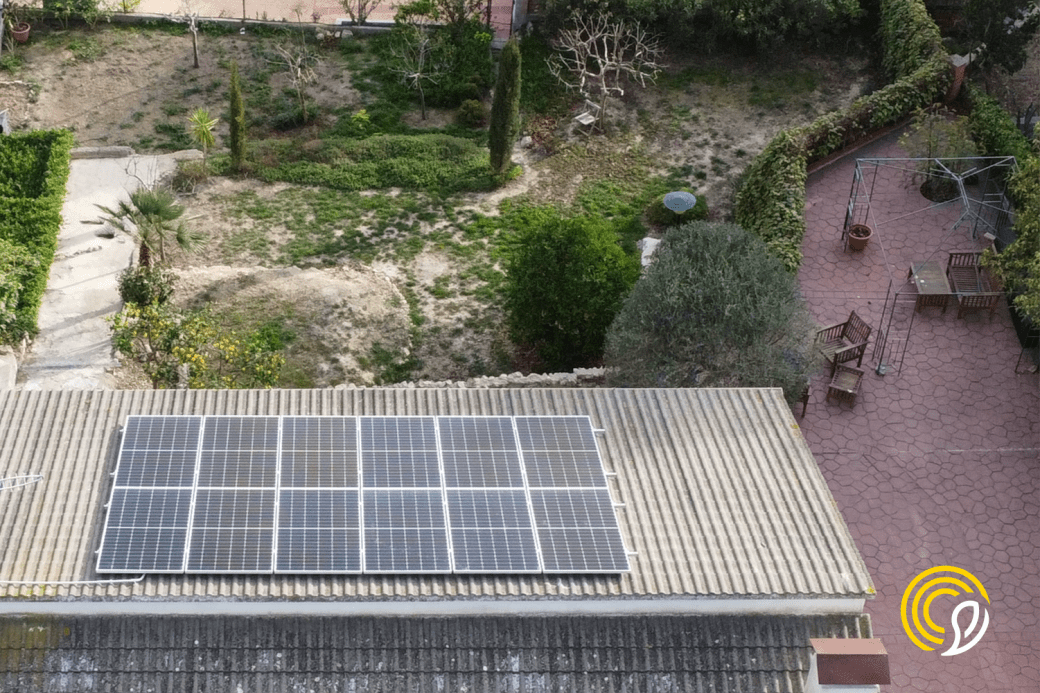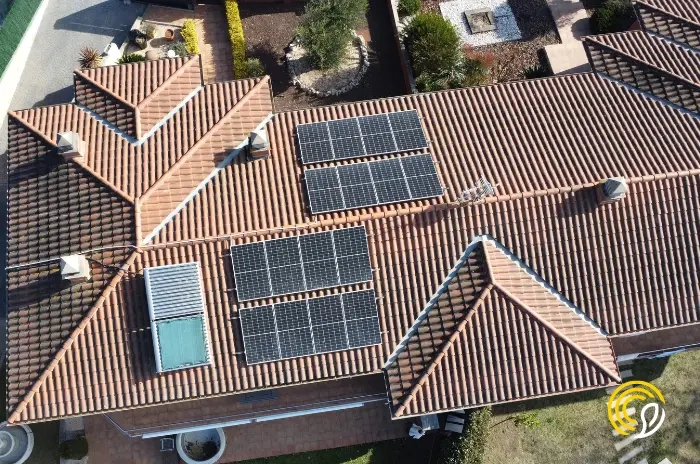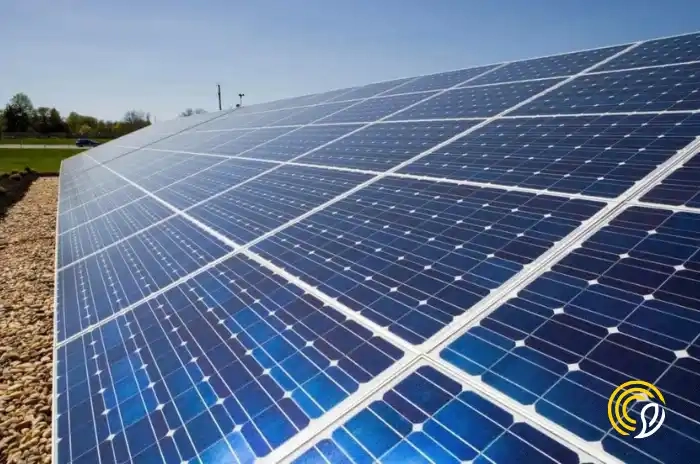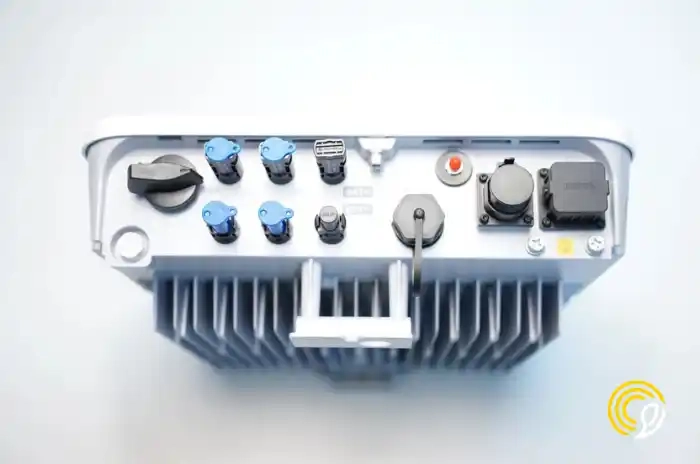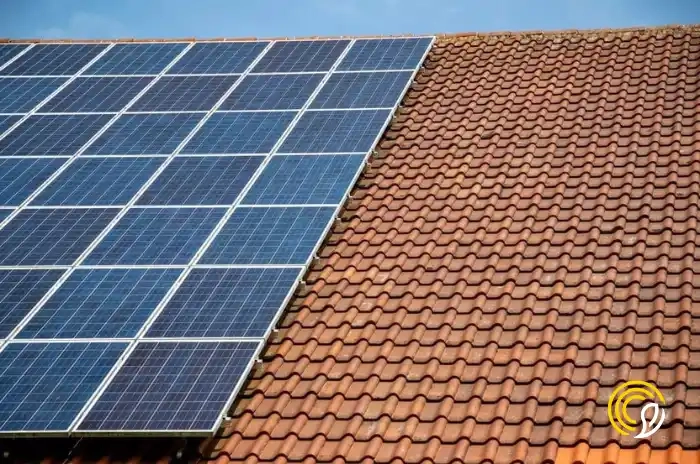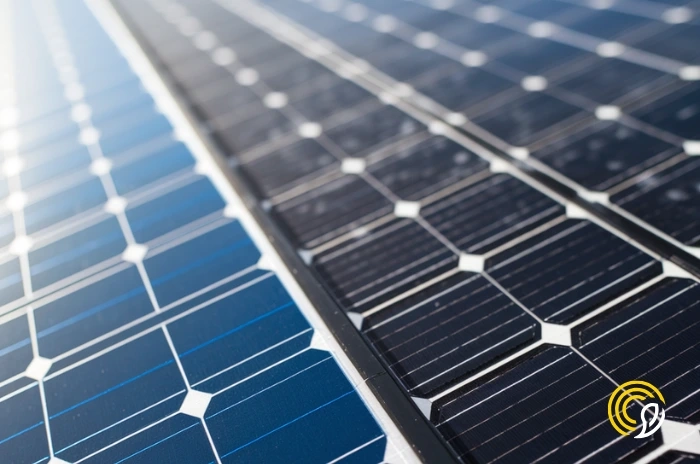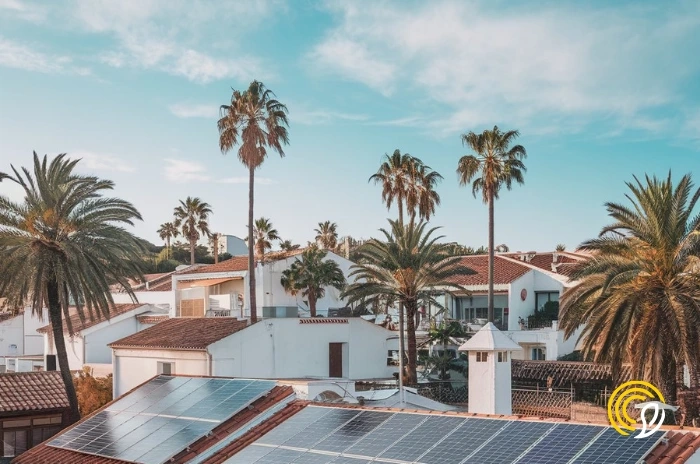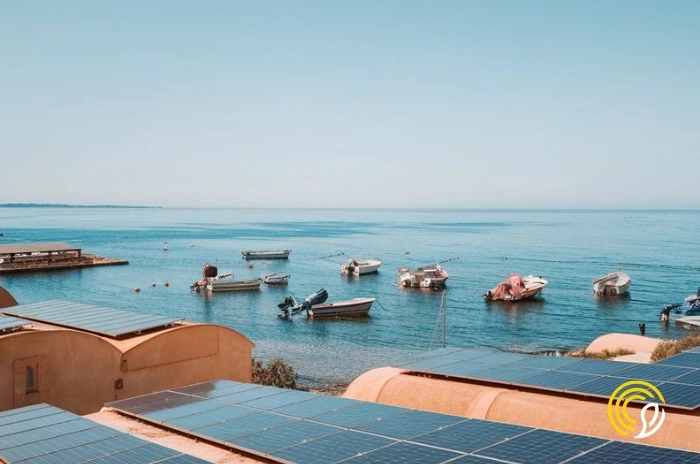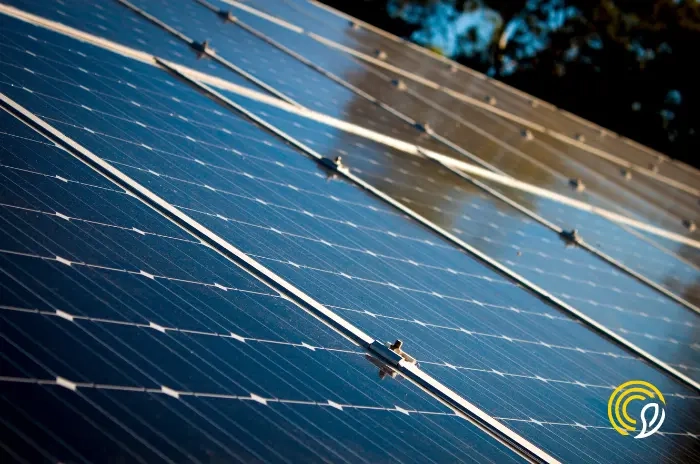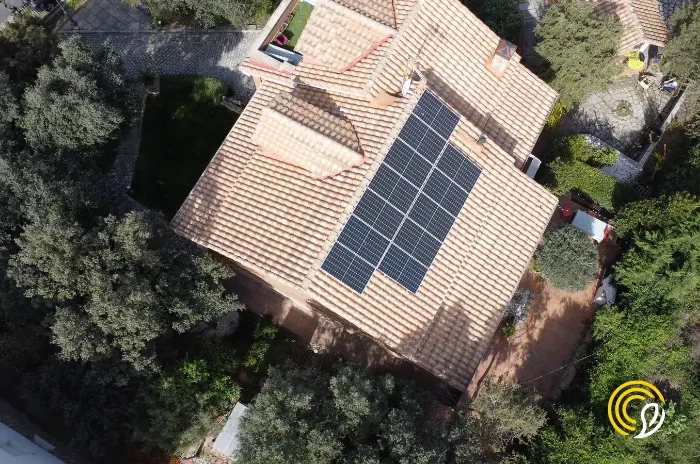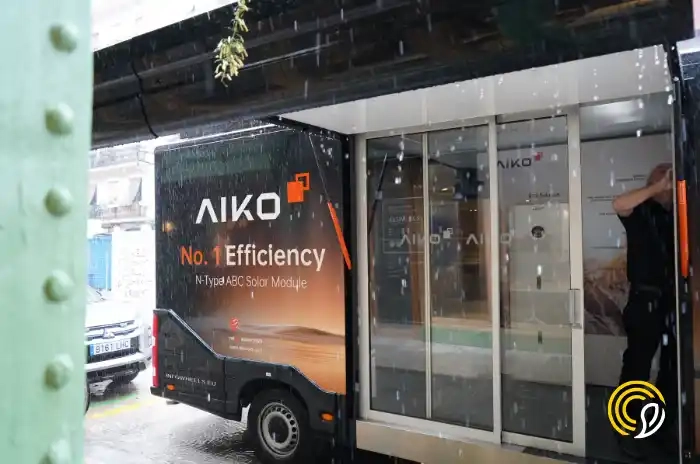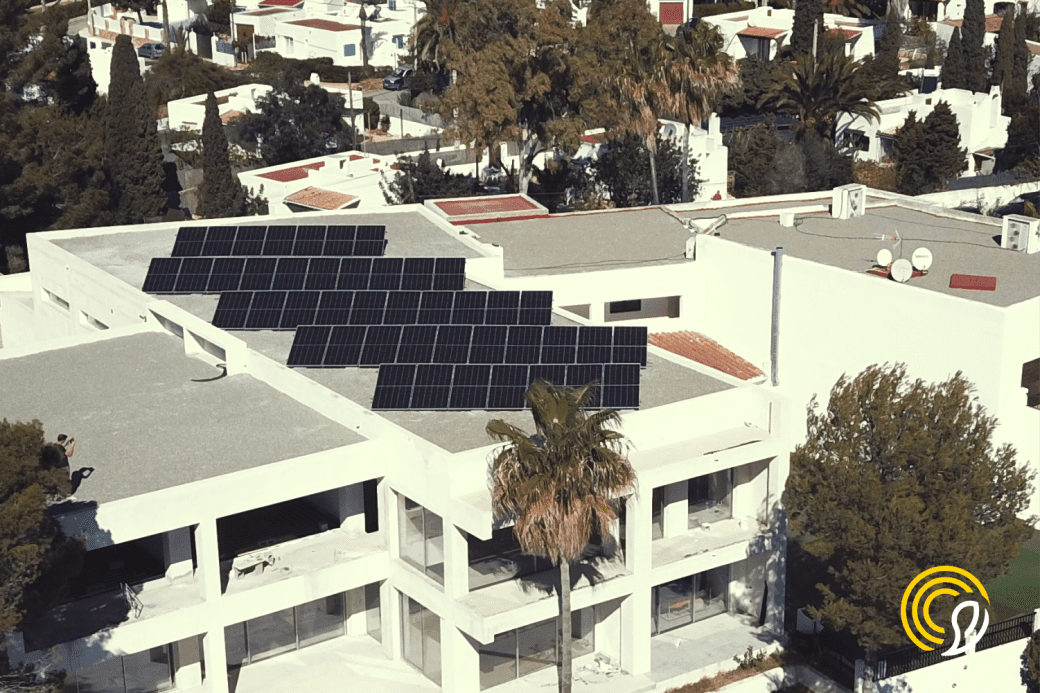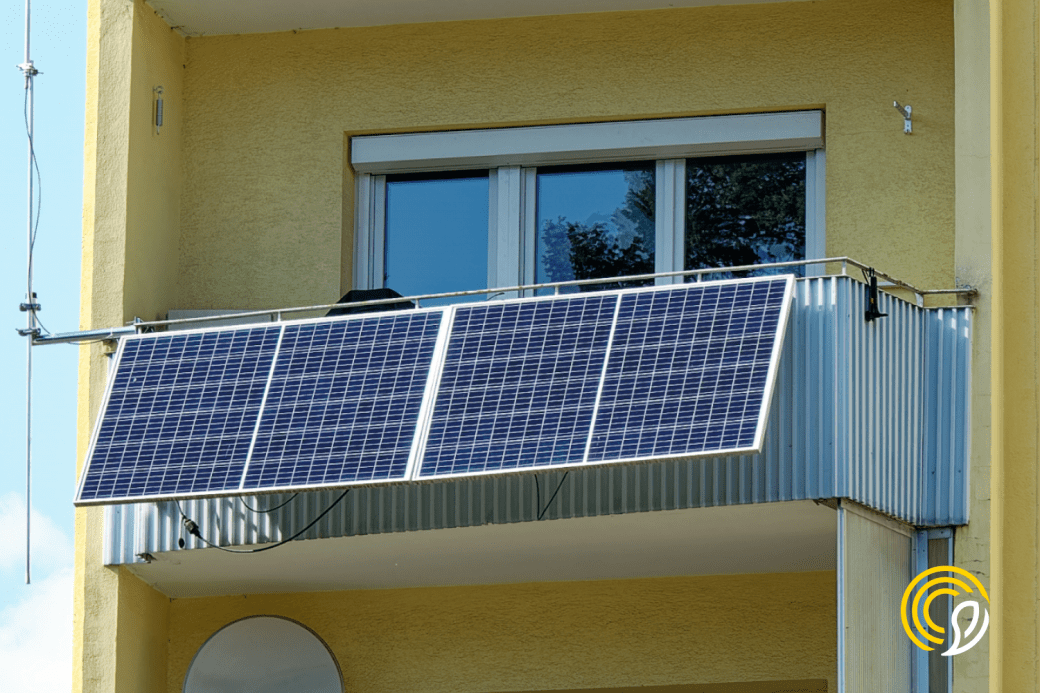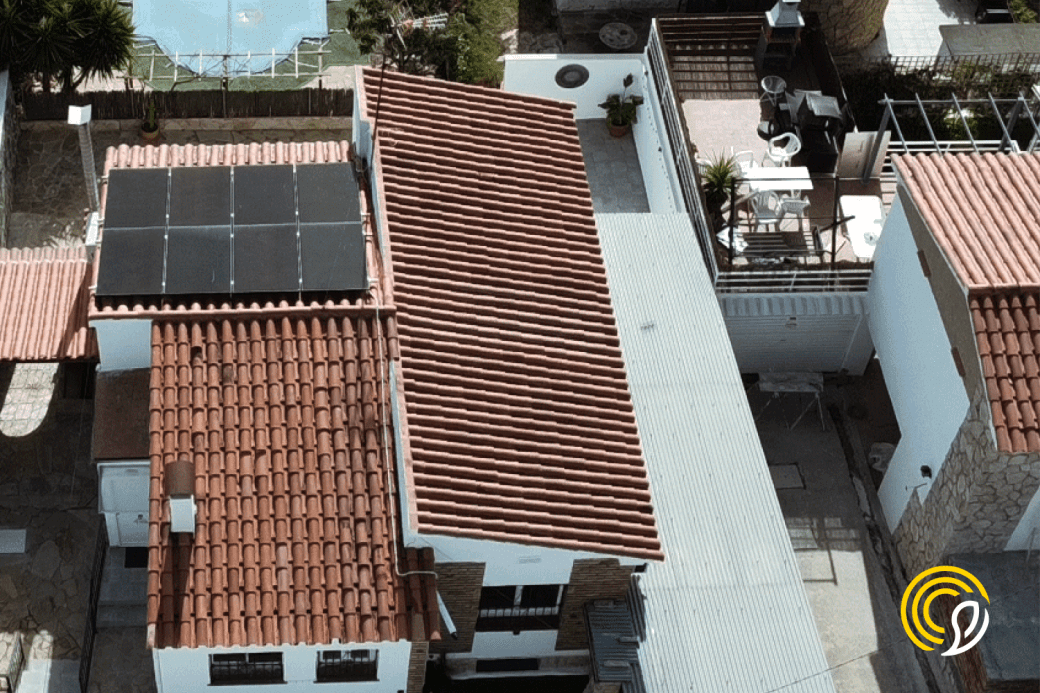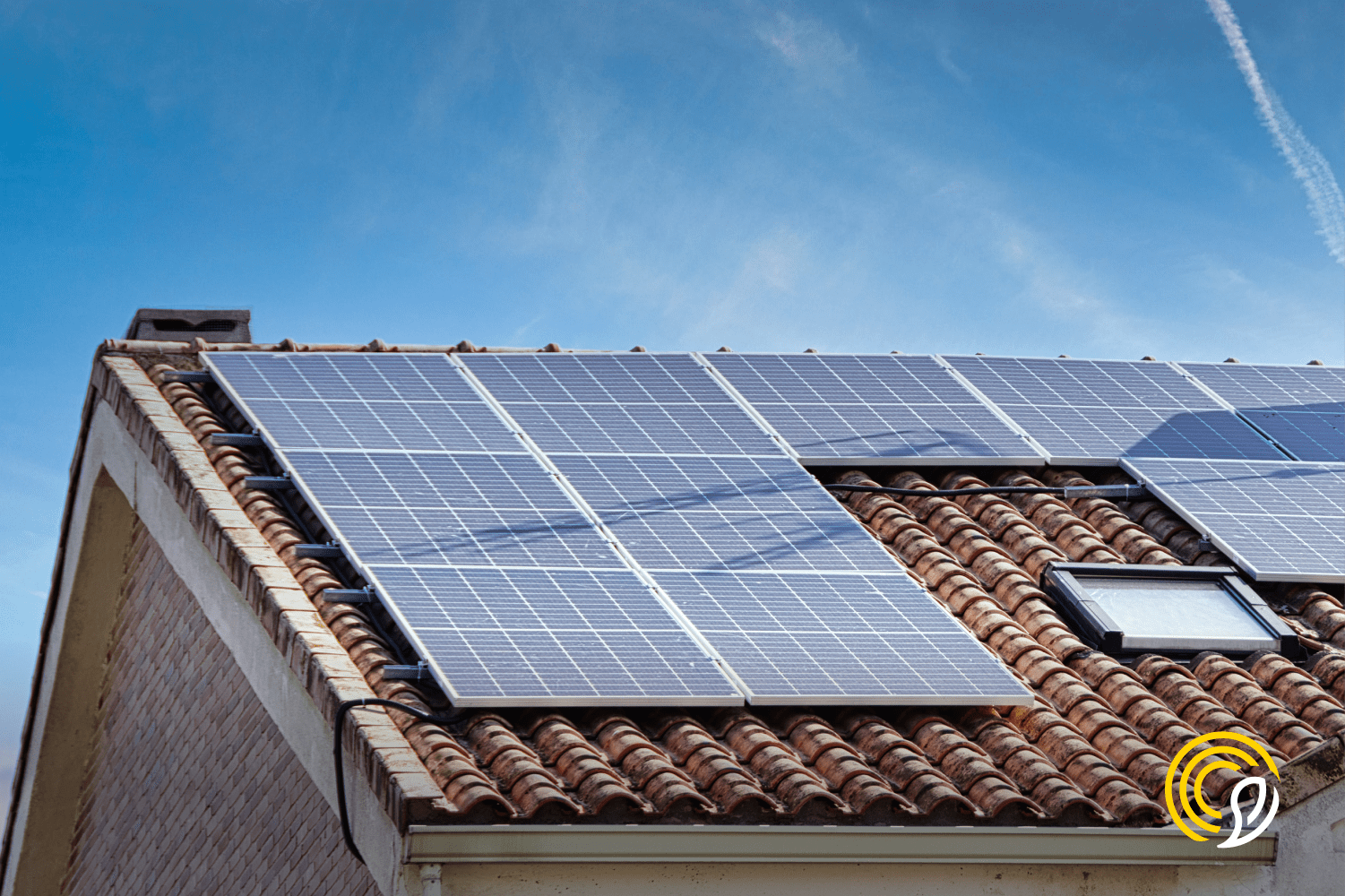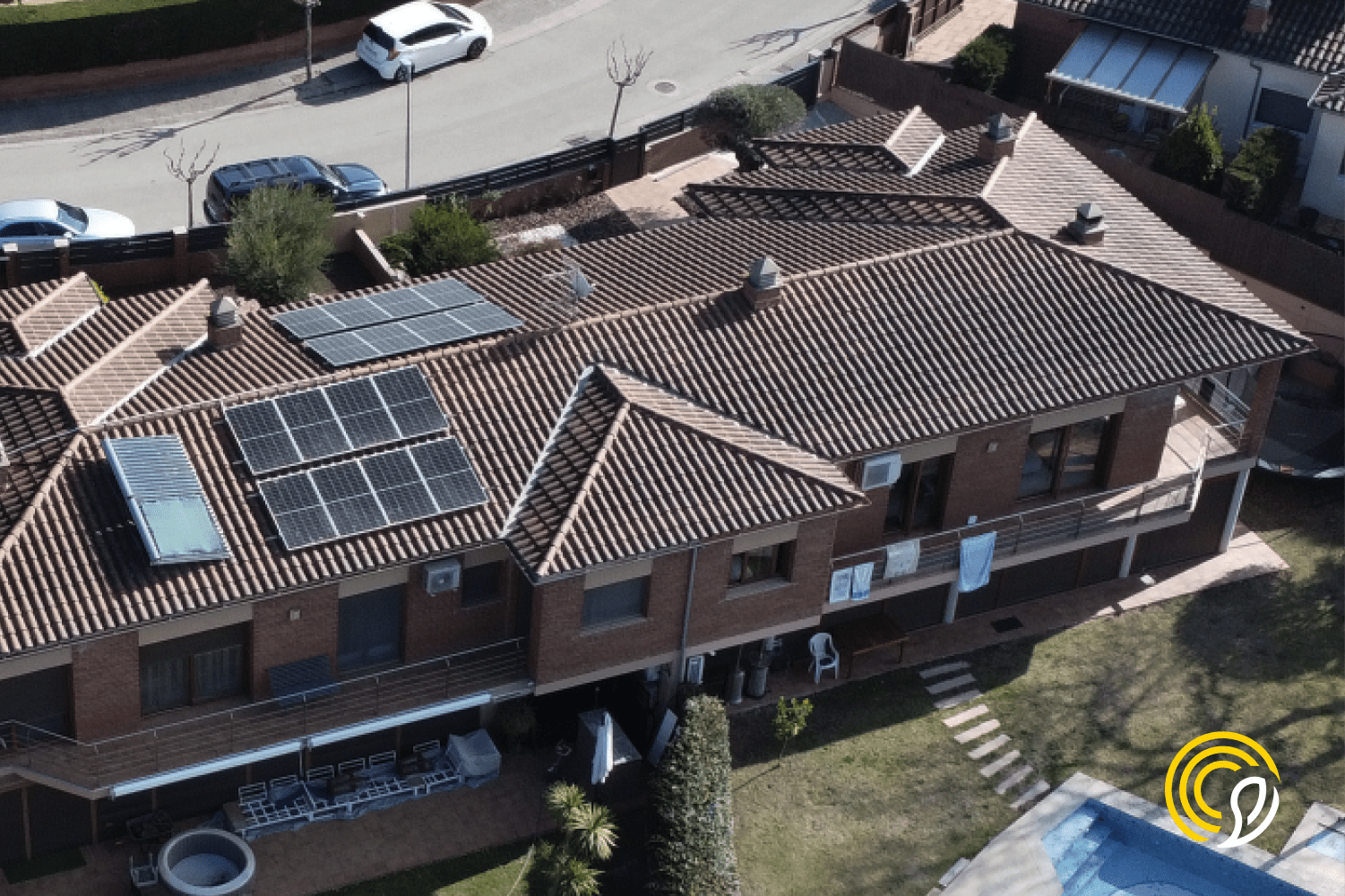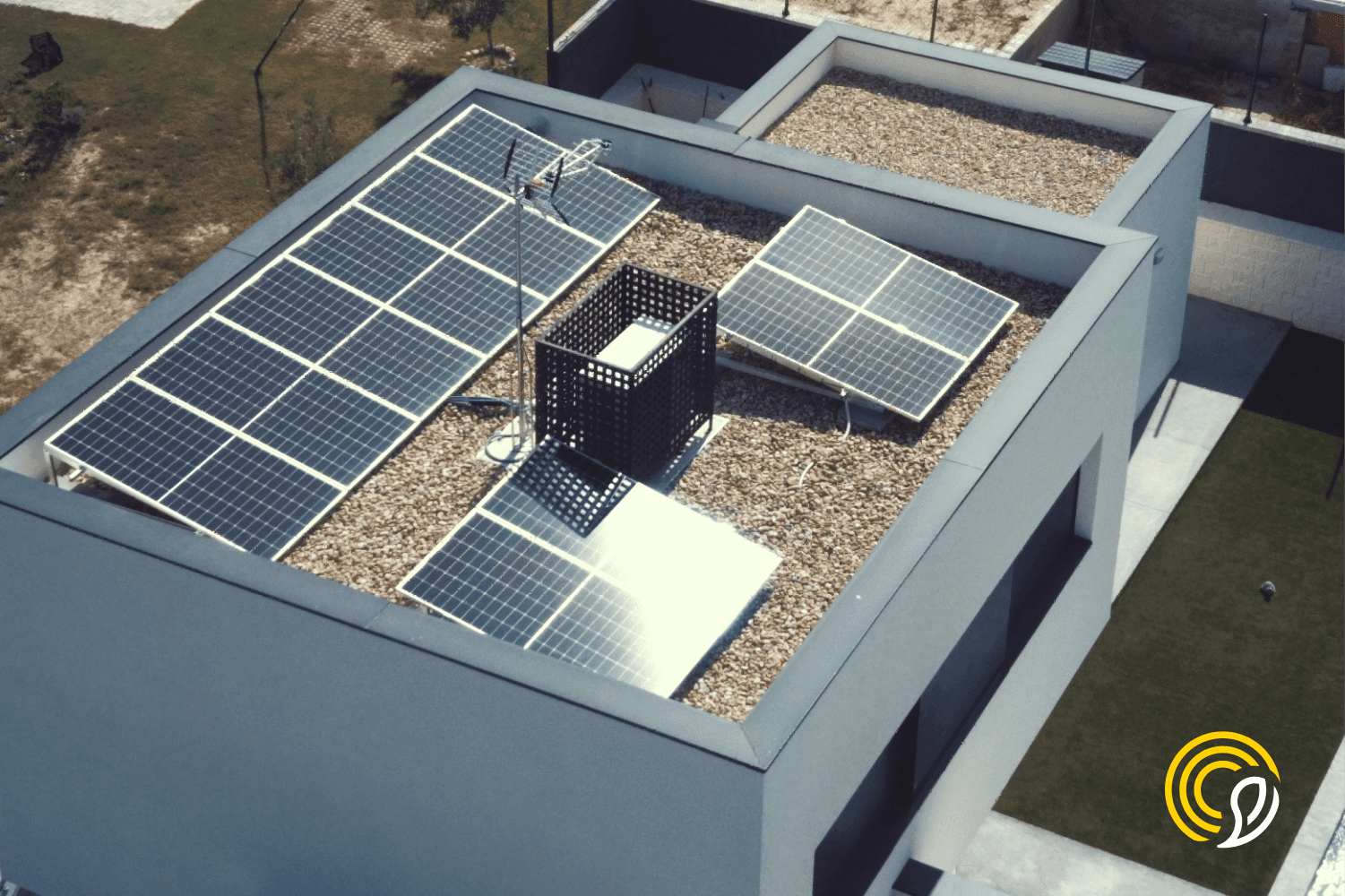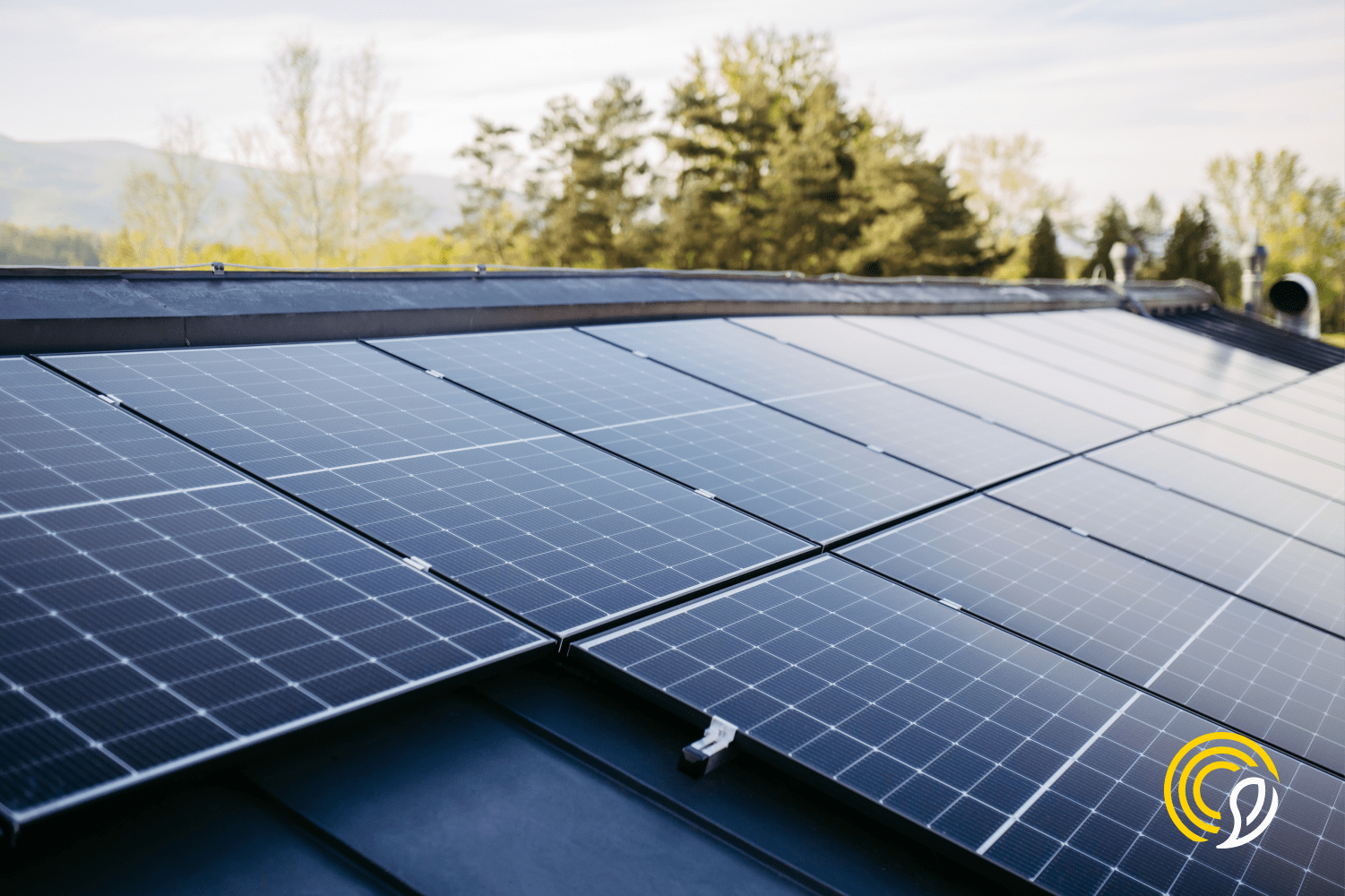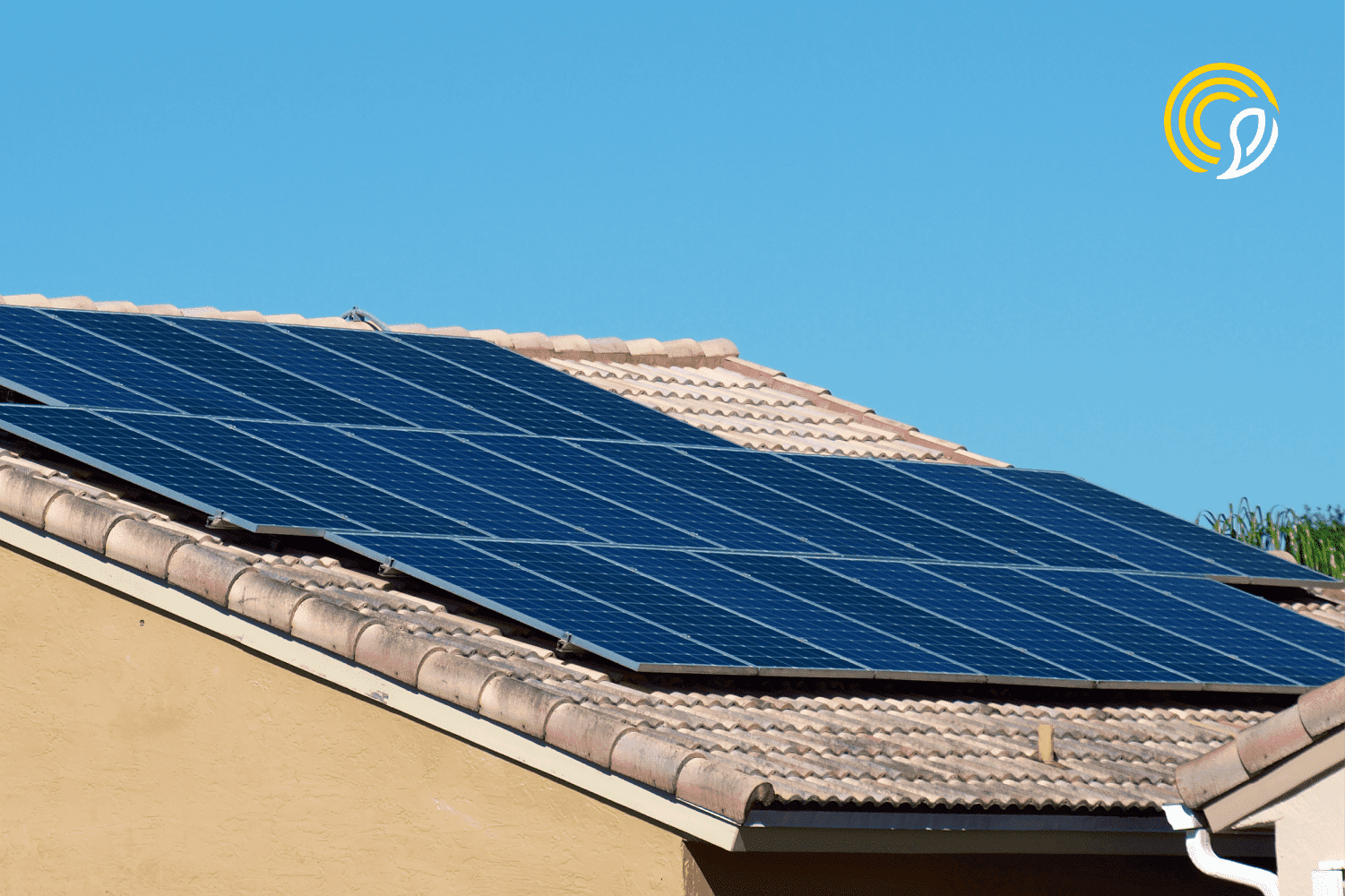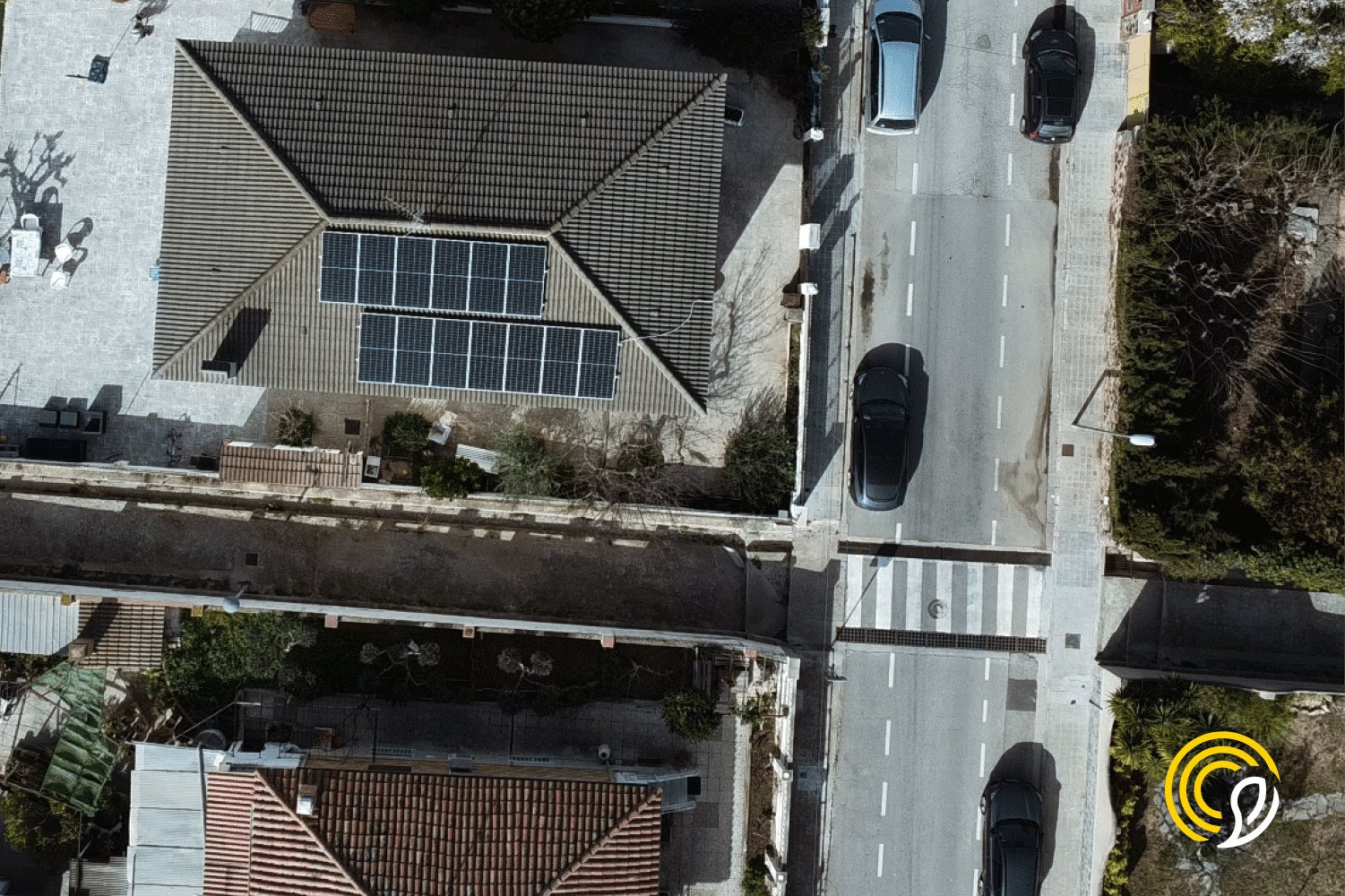
How does rain affect solar panels?

Claudia Pardo, Content Specialist at Sunhero and a firm believer that solar energy can transform the world.
11/04/2024
2 min read
Table of Contents
Solar panels have become an increasingly popular source of sustainable energy in Spain. However, the myth persists that on rainy days, the performance of solar panels decreases dramatically.
The truth is that, although direct radiation from the sun is affected by weather conditions, solar panels continue to capture the radiation that passes through clouds and fog. We explain this in more detail in this article.
Do solar panels still produce energy when it rains?
This is one of the most common questions. The answer is yes, solar panels can generate electricity even when it rains or on cloudy days. While it is true that they are more efficient in direct sunlight, these devices are capable of capturing different types of light, including that filtered through clouds.
The efficiency of solar technology lies in its ability to take advantage of diffuse light. However, during periods of rain, electricity generation can be reduced by up to 20-25% compared to sunny, clear days.
Obviously, efficiency decreases, but power generation does not stop completely. This means that even in less sunny weather or during rainy seasons, solar panels continue to produce energy.
Can rain affect solar panels?
Contrary to what some might think, rain, by itself, does not pose any risk to the operation of solar panels. These systems are designed to withstand adverse weather conditions, including heavy rainfall.
However, it is important to note that extreme conditions, such as large hail or heavy storms, can cause damage. Therefore, it is very important to ensure that the panels are correctly installed and comply with safety regulations.
Rain helps the maintenance of solar panels
One of the lesser-known benefits is that rain helps keep solar panels clean. Over time, dust, leaves, and other debris can accumulate on the surface of the panels, decreasing their efficiency.
In this case, rain acts as a natural cleaning mechanism, improving the panels’ ability to capture sunlight. Even so, rain does not eliminate the need for periodic maintenance, but it can reduce the frequency with which it is required.
Start today!
Fill out our free solar calculator and get a custom quotation
